Momentary Recommends: Resources from Taylor Jasper
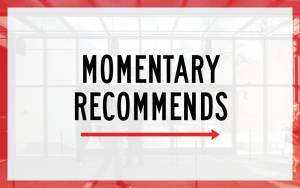
Looking for indulging content? Momentary Recommends is a bi-weekly round-up of content, selected by a Momentary staff member. This week, enjoy a list of recommendations from Curatorial Assistant, Visual Arts, Taylor Jasper, including hot new music, new reading material, and more.
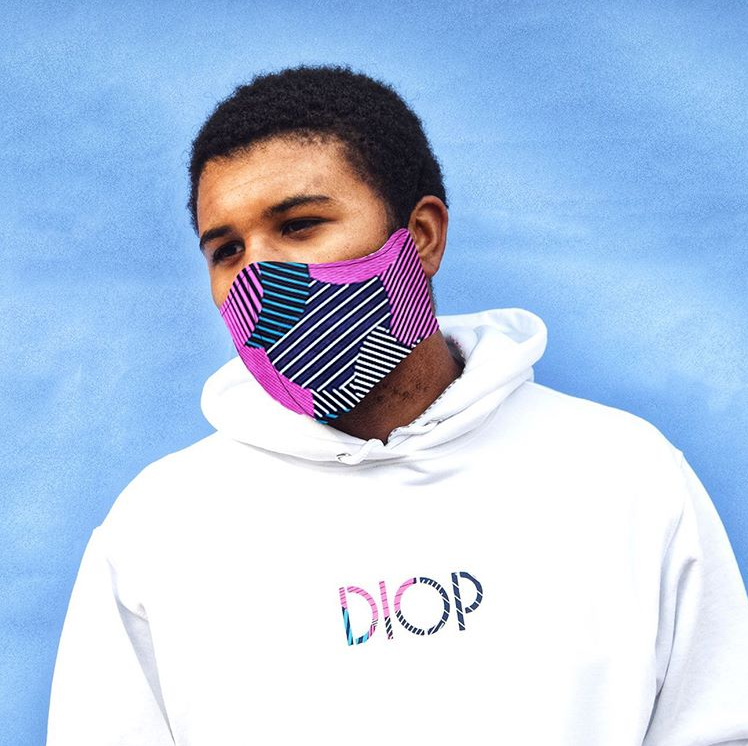
What I’m Buying:
Detroit-based brand Diop makes brightly patterned tops and bandannas from batik printed Ankara fabrics that are modeled on those that founder Mapate Diop’s mother used to bring home after trips to her native Nigeria. Its masks are similarly bold. I own “Zohura,” a floral filigree, and “Black,” a simple but compelling black mask with white detailing reminiscent of mud cloth from Mali. Since launching its face masks, Diop has raised more than $30,000 for a range of charities in the Detroit area and donated 5,000 medical-grade masks to health care workers in the city.
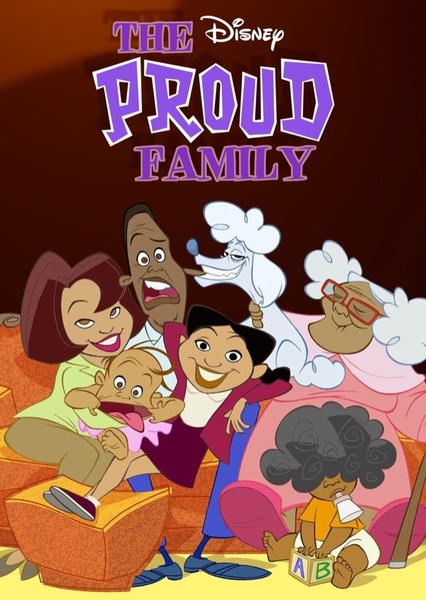
WHAT I’M LAUGHING AT:
The Proud Family
For many of us, the best childhood entertainment consisted of Saturday morning cartoons. Animated TV shows opened up a world of imagination, and so many of us spent hours indulging in our favorite cartoon shows or movies. Yet while there were a good amount of cartoons from the ’70s, ’80s, ’90s and early 2000s that featured African American characters, few of those shows and movies had African American characters as leads. For African American children like myself, seeing cartoons with Black narratives and characters was a huge deal that didn’t happen nearly enough. But there were some cartoon pieces of media that stood out, like The Proud Family. From funk rock, hip-hop Uncle Bobby’s auto-tuned “Dysfunctional”, to hip, wrestling-loving Suga Mama, Penny Proud’s dysfunctional suburban family might as well have been mine. The Proud Family first made me laugh in the first grade and last made me laugh Tuesday evening; it’s a classic!
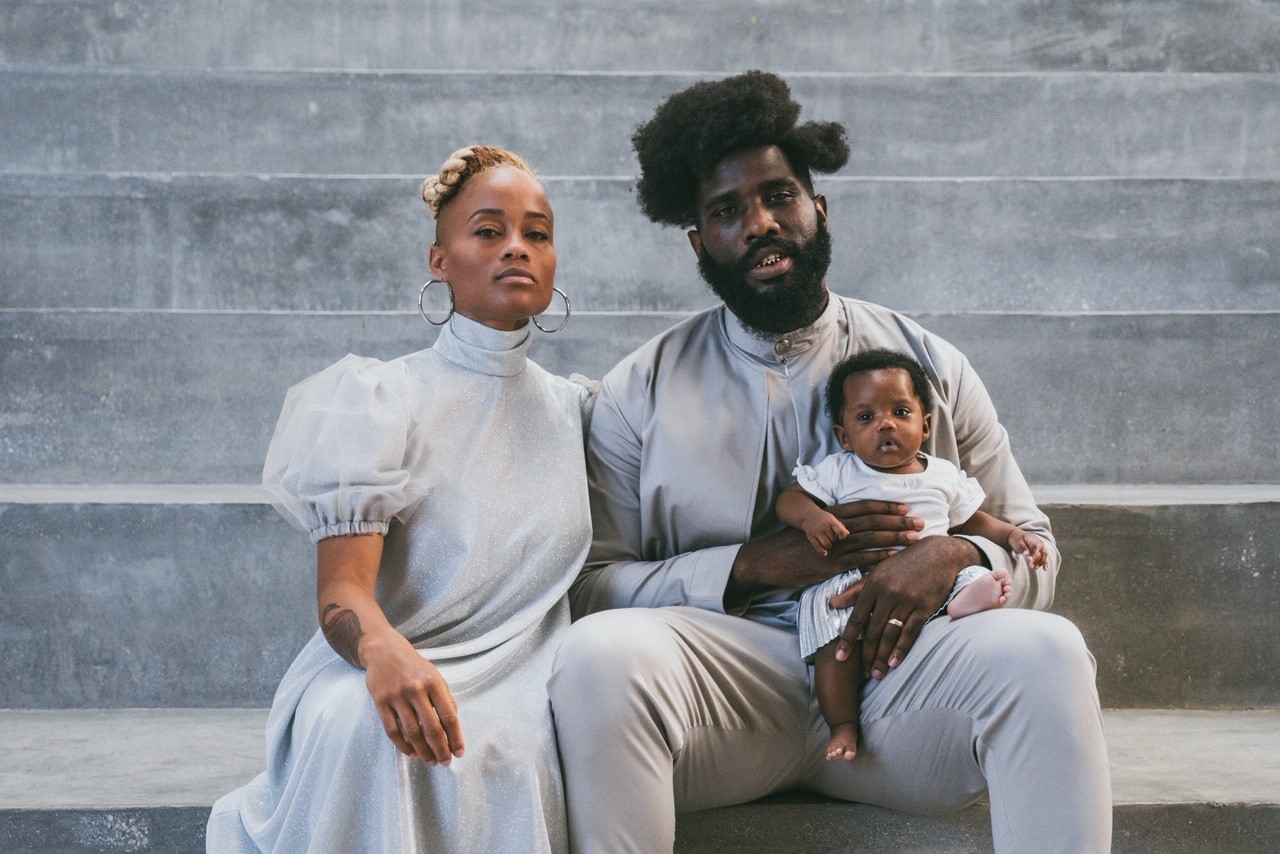
WHAT I’M LISTENING TO:
Tobe Nwigwe’s approach to music is refreshing. Lyrically, his bars embody the grittiness of Black manhood, the experience of being first-generation Nigerian American, and the pain of Black history, all working in tandem to address the nuances between the Black experiences in America—as lived by those who were brought here involuntarily and those with an uncomplicated lineage to Africa. At the same time, his cutting words still manage to have a lightness about them. It could be the bravado and confident cool with which he delivers his popular ad-lib, “OUU,” his uncanny ability to blend lyricism and melody, or his producer Nell’s savvy in lacing his message over trap and pop-oriented beats. Or it could be how he balances strife—the weight of systemic oppression, drug warfare, losing friends—with wisdom and grace (literal and biblical) gained through love, growth, and transformation.
Check out his Tiny Desk Concert here.
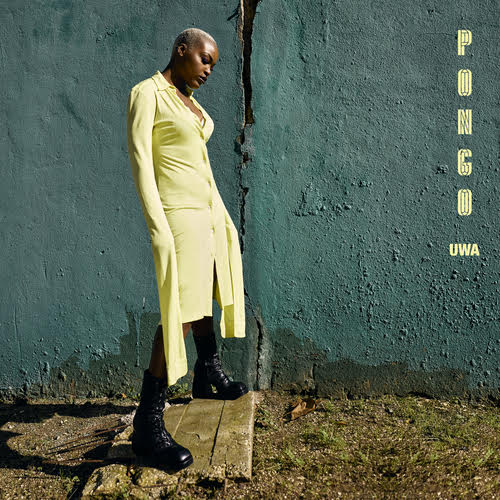
Pongo embodies the renewal of Kuduro—a vibrant chatter of soca, dancehall, EDM, hip-hop, and melodic pop—mixing her African, Langan, and Zairian roots. Her powerful, rhythmic, but equally fragile and sensitive voice draws us into her world. She’s earned her stage name: an affirmation of female strength inspired by the late, trailblazing feminist Congolese singer M’Pongo Love. “I believe in being positive,” Pongo has said. In a pretty hopeless era, her imminent breakout looks perfectly timed.
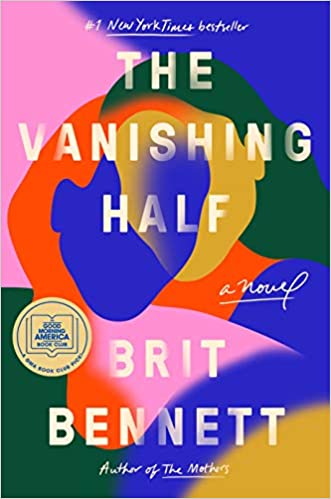
WHAT I’M READING:
The Vanishing Half by Brit Bennett
Beautifully written, thought-provoking, and immersive, Brit Bennett’s The Vanishing Half provides a meditation on the nuance of race that feels important, now more than ever. Issues of privilege, inter-generational trauma, the randomness and unfairness of it all, are teased apart in all their complexity, within a story that also touches on universal themes of love, identity, and belonging. The Vanishing Half, with its clever premise and strongly developed characters, is un-put-down-able and highly recommended.
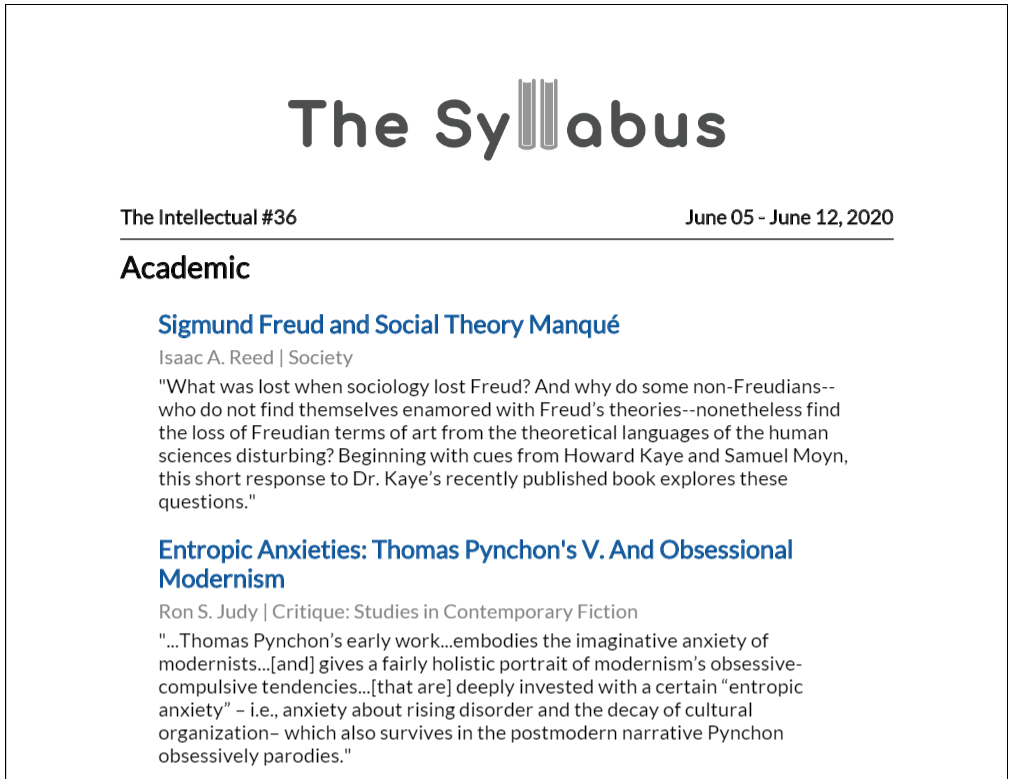
Each week, The Syllabus publishes curated syllabi featuring pieces that cut across text, video, and audio. The curation runs either along thematic lines—e.g. technology, political economy, arts & culture—or by media type such as Best of Academic Papers, Podcasts, Videos. You can also build your own personalized syllabus centered around your interests.
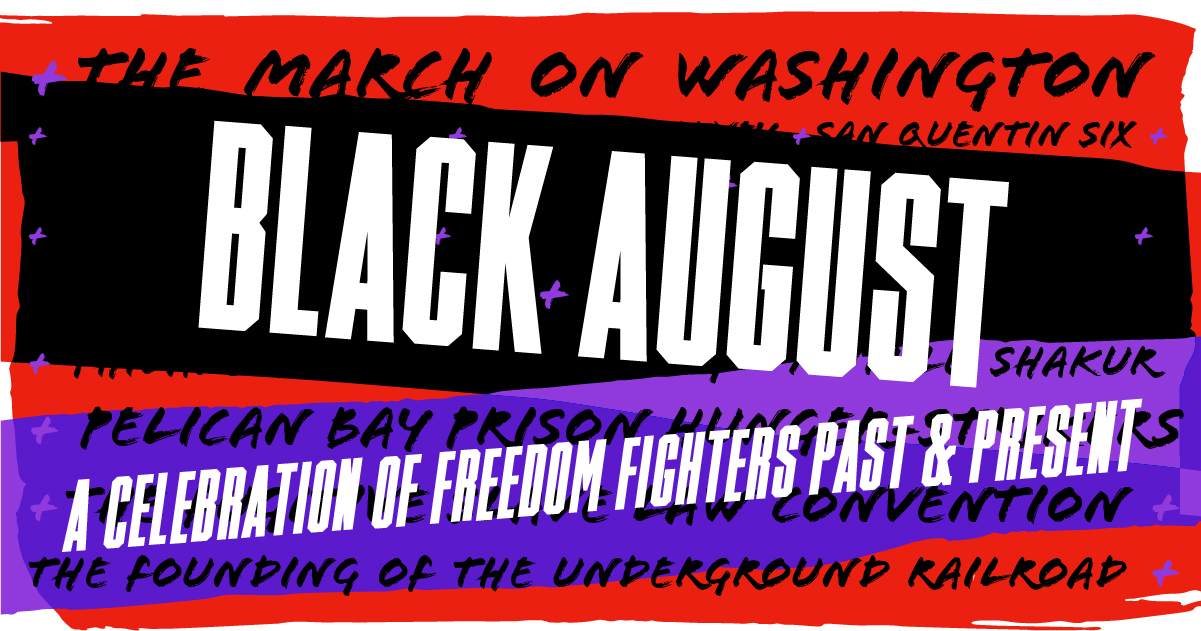
WHAT I’M CELEBRATING:
Black August
Black August is a month dedicated to paying homage to fallen Black revolutionaries, incarcerated freedom fighters, and Black resistance, historical and ongoing. Revolutionary moments such as the Watts Uprising, Haitian Revolution, Nat Turner’s Rebellion, Fugitive Slave Law Convention, and March on Washington all happened in August. Also, many Black revolutionaries, such as Marcus Garvey and Fred Hampton, were born in August. Black August was started in California prisons in the 1970s by Black freedom fighters who wanted to honor the lives and struggle of Black political prisoners killed by the state. This tradition feels especially auspicious to practice this year, as we are still in the midst of the COVID-19 pandemic, which is disproportionately killing Black people, and worldwide protests against the racist, unjust killings of Black people by the state.



